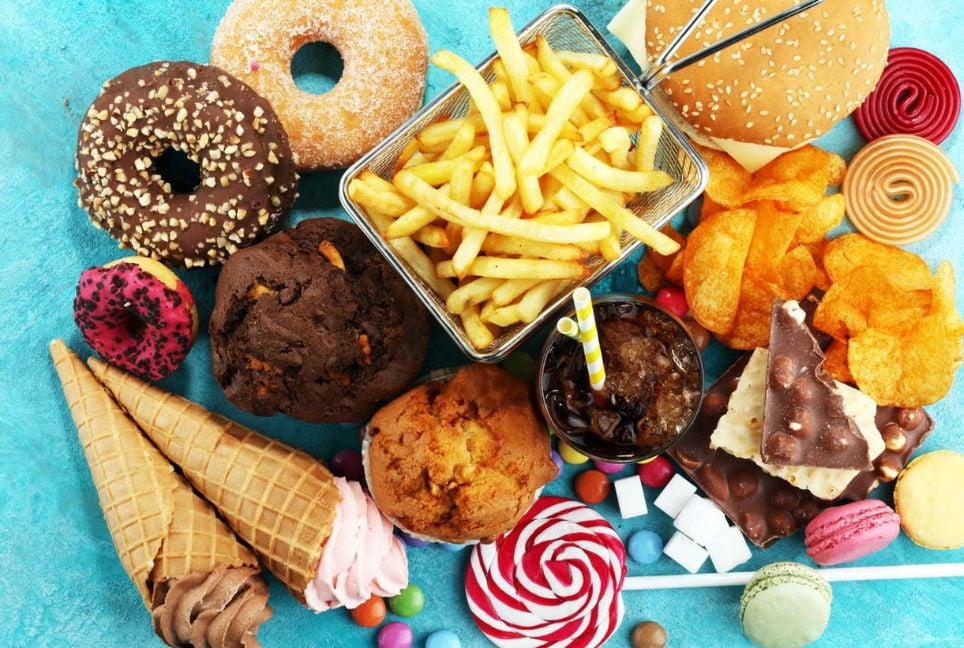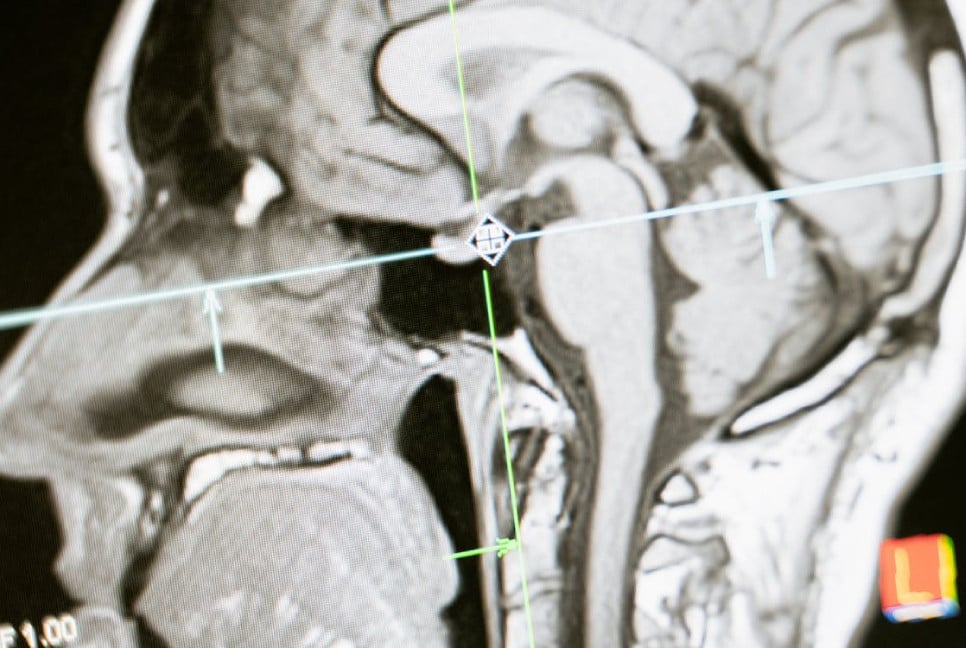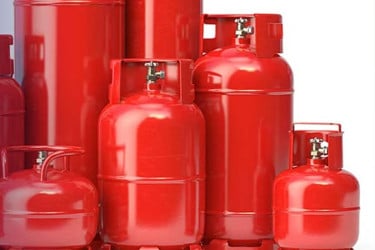Coffee and tea are beneficial beverages, with most varieties containing caffeine, which can enhance mood, metabolism, and both mental and physical performance.
Studies suggest that caffeine is safe for most people when consumed in moderate amounts.
The Food and Drug Administration states that up to 400 mg of caffeine per day is generally safe. However, consuming high amounts can lead to unpleasant and potentially harmful side effects.
Research also indicates that genetics can affect an individual's tolerance to caffeine, with some people able to handle much more without issues. Additionally, those who aren't accustomed to caffeine may experience symptoms even after a moderate intake.
Here are 9 side effects of too much caffeine.
1. Anxiety
Caffeine is known to increase alertness.It works by blocking the effects of adenosine, a brain chemical that makes you feel tired. At the same time, it triggers the release of adrenaline, the “fight-or-flight” hormone associated with increased energy.
However, at higher doses, these effects may become more pronounced, leading to anxiety and nervousness.In fact, caffeine-induced anxiety disorder is one of four caffeine-related syndromesTrusted Source listed in the Diagnostic and Statistical Manual of Mental Disorders (DSM), which is published by the American Psychiatric Association.
Extremely high daily intakes of 1,000 mg or more per day have been reported to cause nervousness, jitteriness and similar symptoms in most people, whereas even a moderate intake may lead to similar effects in caffeine-sensitive individuals.If you notice that you often feel nervous or jittery, it might be a good idea to look at your caffeine intake and cut it back.
2. Insomnia
Caffeine’s ability to help people stay awake is one of its most prized qualities.On the other hand, too much caffeine can make it difficult to get enough restorative sleep.
Studies have found that higher caffeine intake appears to increase the amount of time it takes to fall asleep. It may also decrease total sleeping time.These results suggest that it’s important to pay attention to both the amount and timing of caffeine to optimize your sleep.
3. Digestive issues
Many people find that a morning cup of coffee helps get their bowels moving.Coffee’s laxative effect has been attributed to the release of gastrin, a hormone the stomach produces that speeds up activity in the colon. What’s more, decaffeinated coffee has been shown to produce a similar response.
Given this effect, it’s not surprising that large doses of caffeine may lead to loose stools or even diarrhea in some people.Since coffee can have major effects on digestive function, you may want to cut back on the amount you drink or switch to tea if you experience any issues.
4. Muscle breakdown
Rhabdomyolysis is a serious condition in which damaged muscle fibers enter the bloodstream, leading to kidney failure and other problems.
Common causes of rhabdomyolysis include trauma, infection, drug abuse, muscle strain and bites from poisonous snakes or insects.However, there have been several reports of rhabdomyolysis related to excessive caffeine intake, although this is relatively rare.
5. Addiction
Despite all of caffeine’s health benefits, there’s no denying that it may become habit-forming.A detailed review suggests that although caffeine triggers certain brain chemicals similarly to the way cocaine and amphetamines do, it does not cause classic addiction the way these drugs do.
However, it may lead to psychological or physical dependency, especially at high dosages.Even though the compound does not seem to cause true addiction, if you regularly drink a lot of coffee or other caffeinated beverages, there’s a very good chance you may become dependent on its effects.
6. High blood pressure
Overall, caffeine doesn’t seemTrusted Source to increase the risk of heart disease or stroke in most people.However, it has been shown to raise blood pressure due to its stimulatory effect on the nervous system.
Elevated blood pressure is a risk factor for heart attack and stroke because it may damage arteries over time, restricting the flow of blood to your heart and brain.However, caffeine’s effect on blood pressure seems to be temporary. Also, it seems to have the strongest impact on people who aren’t used to consuming it.
Paying attention to the dosage and timing of caffeine is important, especially if you already have high blood pressure.
7. Rapid heart rate
The stimulatory effects of high caffeine intake may cause your heart to beat faster.It may also leadTrusted Source to altered heartbeat rhythm, called atrial fibrillation, which has been reported in young people who consumed energy drinks containing extremely high doses of caffeine.
If you notice any changes in your heart rate or rhythm after drinking caffeinated beverages, consider decreasing your intake.
8. Fatigue
Coffee, tea and other caffeinated beverages are known to boost energy levels.However, they can also have the opposite effect by leading to rebound fatigue after the caffeine leaves your system.An older review found that although caffeinated energy drinks increased alertness and improved mood for several hours, participants were often more tired than usual the following day.
To maximize caffeine’s benefits on energy and avoid rebound fatigue, try to consume it in moderate rather than high doses.
9. Frequent urination and urgency
Increased urination is a common side effect of high caffeine intake due to the compound’s stimulatory effects on the bladder.You may have noticed that you need to urinate frequently when you drink more coffee or tea than usual.
A 2024 study observed the association between wet, overactive bladder (OAB) and caffeine consumption. The results showed that consuming tea over 481 gramsTrusted Source a day was associated with an increased risk of wet OAB. However, there is limited research as to whether all caffeinated beverages have the same effect.
If you drink a lot of caffeinated beverages and feel that your urination is more frequent or urgent than it should be, it may be a good idea to cut back on your intake to see if your symptoms improve.
Moderate caffeine intake offers health benefits, but high doses can lead to side effects and health issues. Since responses vary, it’s important to assess your sleep, energy levels, and other factors to avoid undesirable effects and adjust your intake accordingly.
Source: healthline.com
Bd-pratidin English/ Afia



































































